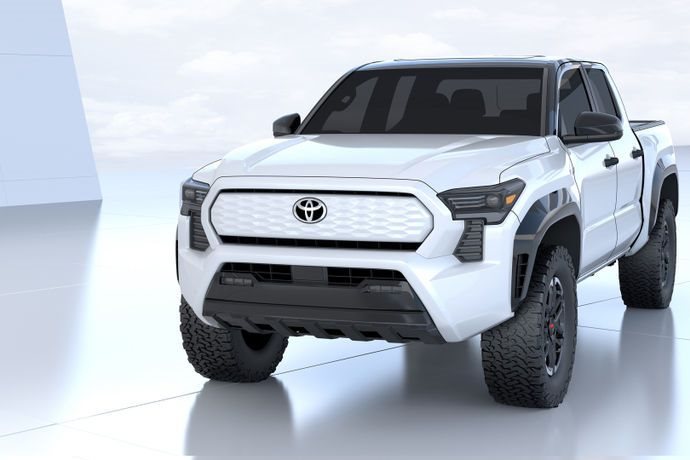
Toyota plans to be carbon neutral by 2035 and in achieving that goal it plans to produce both carbon-neutral vehicles and carbon-reducing vehicles. It also plans to increase production of zero-emission vehicles to 3.5 million globally by 2030 equating to around one-third of its current sales volume and up from the two million vehicles it had previously expected to sell by that date.
Further investment was also made into battery development including solid-state battery development. Gerald Killmann, Vice President of TME R&D confirmed that prototype testing has already taken place on solid-state battery vehicles and that they would likely make their introduction on hybrid vehicles before wider deployment across BEVs.
Solid-state batteries produce higher output, longer range and require shorter charging times. Killman also mentioned that Toyota expects to see a 50% reduction in battery cost per vehicle, without deteriorating range, in the second half of the 2020s; thereby making battery electric vehicles more affordable and accessible.
President of Toyota, Akio Toyoda introduced the new concept models that will fill its electric portfolio over the next 15 years. The bZ range (such as the bZ4x) will expand to include a midsize SUV and a compact SUV, which is said to have Europe and Japan in mind.
Toyoda also stated that its current lineup would feature electric versions at reasonable prices. Interestingly, the concepts show a bakkie not too dissimilar from a Hilux that certainly indicates the brand's intentions to at least investigate an all-electric version of SA’s favourite bakkie. During the reveal, it was also mentioned that Toyota would look into building on its off-road heritage to create new exciting recreational experiences or find new ways to combine versatility with dynamic driving.
Lexus will be the driving force for the Japanese firm as it plans to launch EVs in every segment it competes by 2030. Its first EV will be the RZ Crossover, looking to launch in Europe during 2022. From there a large SUV will follow and then a sedan which will cover the RX and IS models in its current lineup.
There is also mention of a Lexus supercar, which it calls a new Sports Battery EV.
With bold proportions and low ride height essential to a sports car, it will showcase the unique driving performance of a Lexus and become a model that symbolizes the future of the brand.
Acceleration time will be in the low two-second range, cruising range over 700k m, and with the possible use of solid-state batteries in mind, we will aim to create a truly high-performance Battery EV.
This article was originally published on Cars.co.za.

Cars.co.za is a leading online automotive retail portal that lists more than 70 000 vehicles stocked by hundreds of dealers countrywide, as well as the top-ranked branded SA YouTube channel. In 2015, Cars.co.za repositioned itself as a consumer champion by optimising its editorial content for the purposes of engaging and empowering its users. The Cars.co.za Ownership Satisfaction Survey, in association with Lightstone Consumer, and the Cars.co.za Consumer Awards – powered by WesBank, underlines the company’s objective to be the most comprehensive resource to South African vehicle buyers.
Go to: http://www.cars.co.za